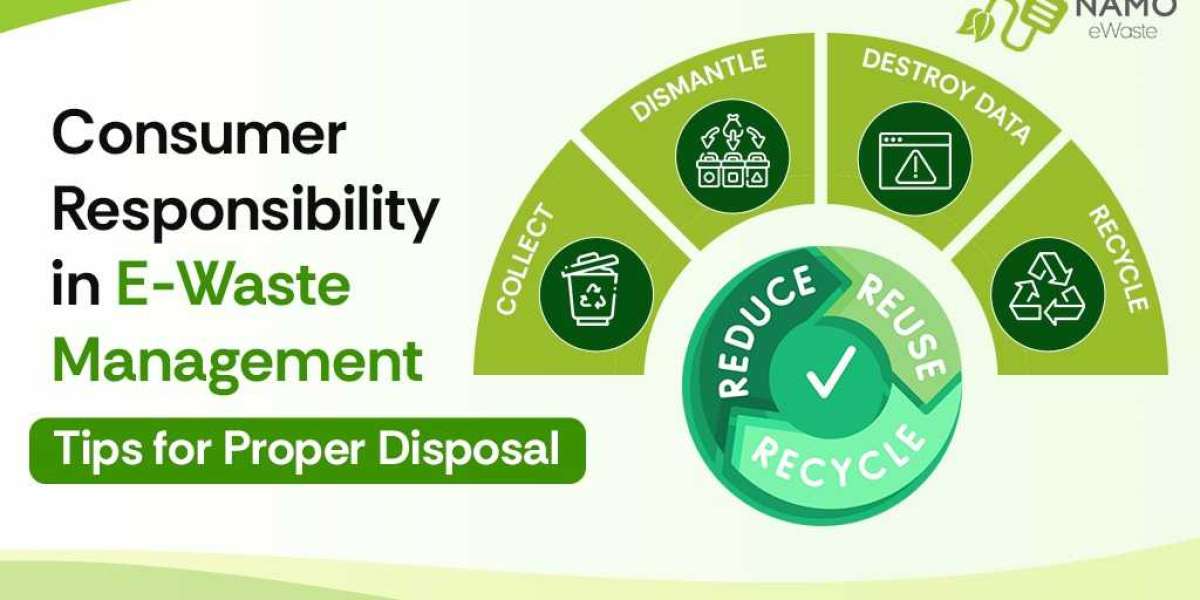How to Choose the Right Waste Management Company for Your Business
Effective waste management is crucial for any business, not just for compliance with regulations but also for maintaining a sustainable and efficient operation. Selecting the right waste management company can be challenging, given the variety of options and factors to consider. This guide will help you navigate the process, ensuring you choose a partner that meets your specific needs and supports your business goals.
Understanding Your Business’s Waste Management Needs
Types of Waste Generated
The first step in choosing a waste management company is understanding the types of waste your business produces. Different industries generate different types of waste, such as hazardous materials, recyclables, organic waste, and general refuse. It’s important to identify these categories because not all waste management companies handle every type of waste. For example, if your business deals with hazardous materials, you’ll need a company with the expertise and licenses to manage and dispose of these safely.
Volume and Frequency of Waste Disposal
In addition to the type of waste, consider the volume and frequency of waste your business generates. Do you produce large amounts of waste daily, or is it a smaller volume on a weekly or monthly basis? The answer to this question will influence the size and type of waste management company you need. Companies that generate large volumes of waste may require more frequent pick-ups, larger containers, or specialized handling, which not all waste management companies can provide.
Key Factors to Consider When Choosing a Waste Management Company
Compliance with Environmental Regulations
One of the most critical factors in selecting a waste management company is ensuring they comply with all relevant environmental regulations. These regulations vary by location and can include rules about how waste is collected, transported, and disposed of. A reputable waste management company should be well-versed in these regulations and have a track record of compliance. You can verify their compliance by checking their certifications and asking about their experience with local laws.
Range of Services Offered
Another important consideration is the range of services the waste management company offers. Does the company provide a one-stop solution for all your waste management needs, including recycling, hazardous waste disposal, and general waste removal? A comprehensive service provider can save you time and money by handling all aspects of your waste management in-house, rather than outsourcing parts of the process to other companies.
Experience and Reputation
Experience matters in waste management. A company with a long history in the industry is likely to have a better understanding of the challenges and complexities involved. They’re also more likely to have developed efficient processes and reliable service. Research the company’s reputation by reading reviews, asking for client testimonials, and looking at case studies of similar businesses they’ve served.
Technology and Innovation
Technology plays a significant role in modern waste management. Innovative companies use advanced technology to improve the efficiency and effectiveness of their services. This might include GPS-tracked trucks, automated waste sorting, or data-driven waste reduction strategies. When evaluating potential waste management companies, ask about the technology they use and how it benefits their clients.
Cost-Effectiveness
While cost is always a consideration, it’s important to balance it with the quality of service. The cheapest option isn’t always the best, especially if it leads to poor service, regulatory issues, or environmental harm. Look for a waste management company that offers transparent pricing and flexible contracts. Make sure you understand the full cost, including any potential fees for extra services or changes in service needs.
Customer Service and Support
Good customer service is vital in waste management. Your chosen company should be responsive, easy to communicate with, and proactive in addressing any issues. A company that values customer service will help you navigate any challenges and will be a reliable partner in managing your business’s waste.
Evaluating Potential Waste Management Partners
Conducting a Site Visit
If possible, visit the waste management company’s facility to see their operations firsthand. This can give you valuable insights into their processes, equipment, and overall professionalism. During your visit, observe their safety practices, cleanliness, and how they manage different types of waste. Don’t hesitate to ask questions about their operations and how they handle the specific needs of businesses like yours.
Requesting Proposals and Comparing Options
Once you’ve narrowed down your options, request detailed proposals from each company. These proposals should outline the services they offer, their approach to waste management, and the costs involved. Compare these proposals carefully, focusing on the services that are most important to your business. Look beyond the price to consider the value each company offers.
Checking References and Certifications
Before making a final decision, ask for references from other clients, particularly those in your industry. Contact these references to learn about their experiences with the waste management company. Additionally, verify the company’s certifications and accreditations. These credentials can give you confidence in their ability to handle your waste responsibly and legally.
Making the Final Decision
Weighing the Pros and Cons
To make your final decision, create a decision matrix that lists the pros and cons of each company based on the factors most important to your business. This could include cost, range of services, reputation, technology, and customer service. Prioritize the factors that align most closely with your business needs and values.
Negotiating Contracts
Once you’ve chosen waste management in india, it’s time to negotiate the contract. Key terms to discuss include service frequency, pricing, contract length, and any flexibility in scaling services up or down as your needs change. Ensure that the contract is clear and that both parties understand their responsibilities. A flexible contract that can adapt to your business’s changing needs is ideal.
Conclusion
Choosing the right waste management company is essential for maintaining a clean, compliant, and sustainable business operation. By understanding your waste management needs and carefully evaluating potential partners, you can make an informed decision that benefits both your business and the environment.








